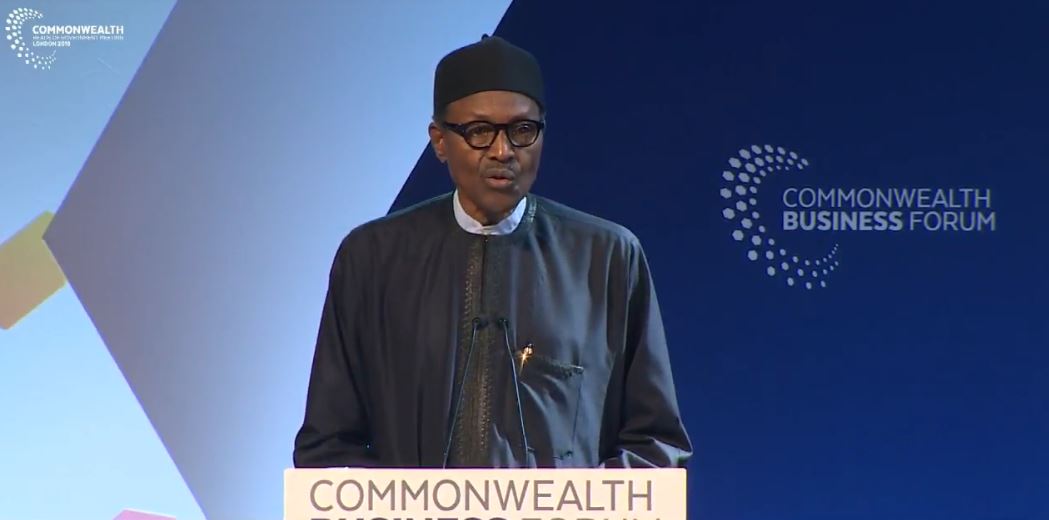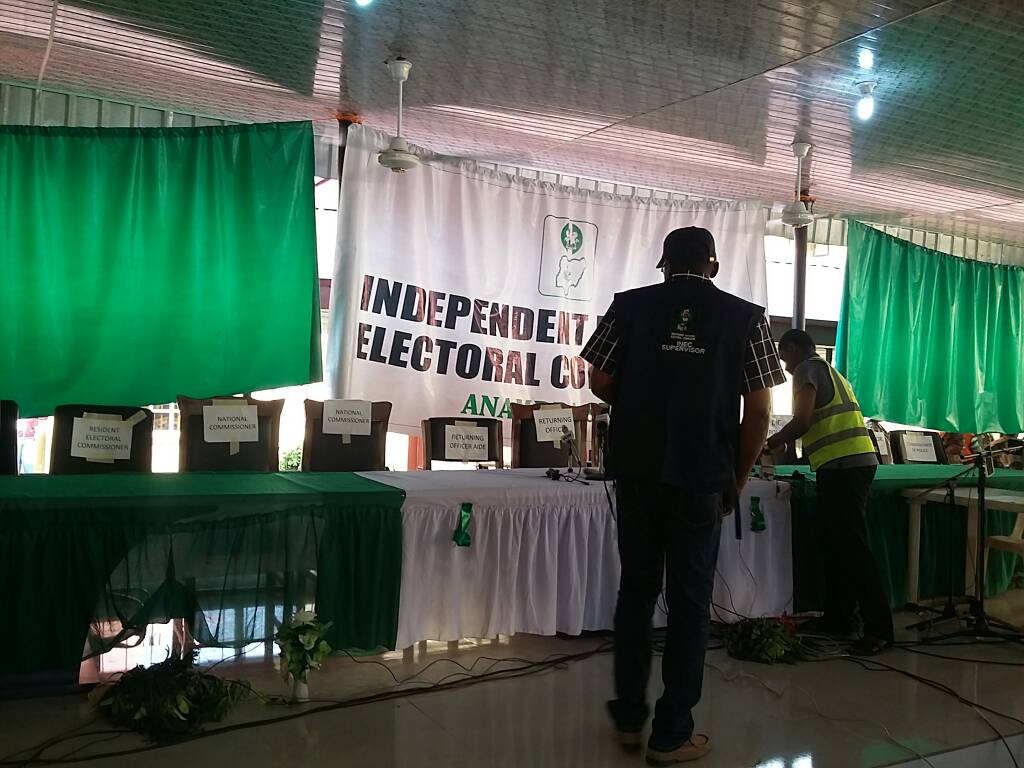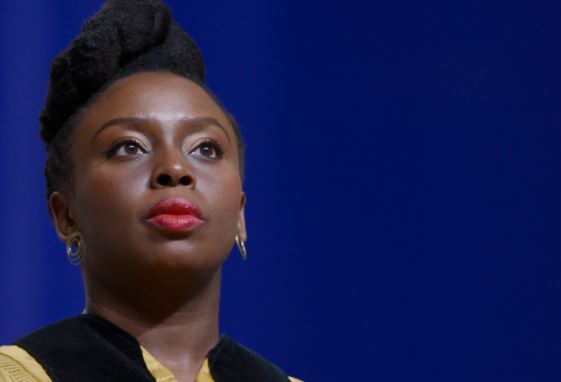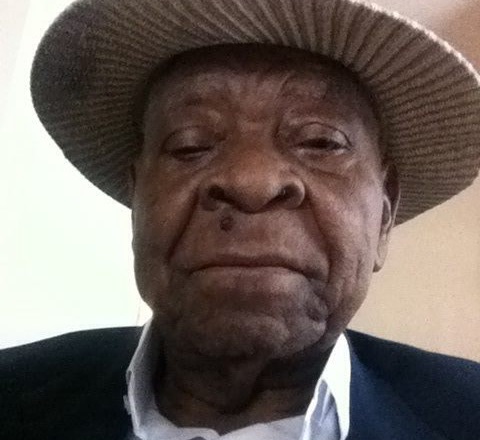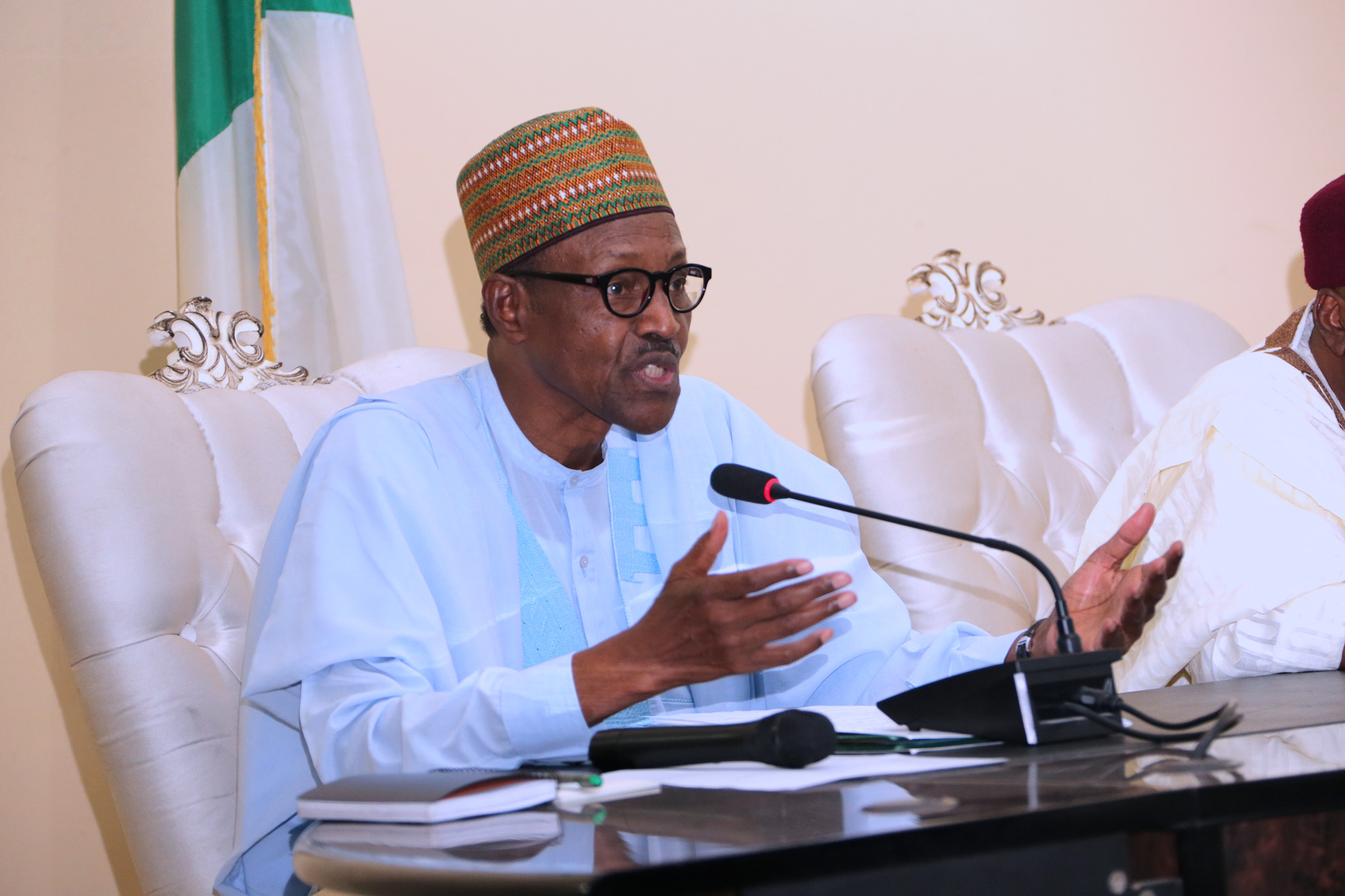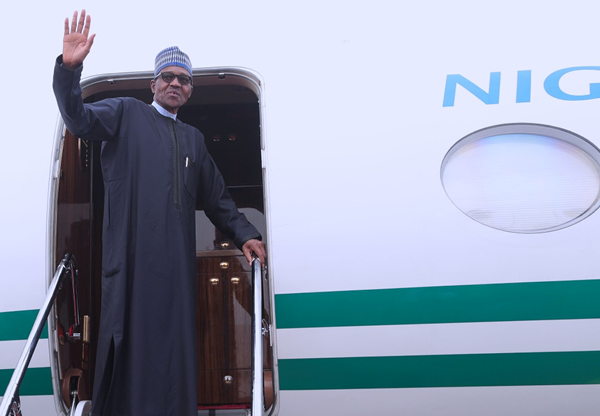In an earlier article where I faced the agony of iterating Nigeria’s bleak socioeconomic and political environment, I lay out certain critical elements of social anomie and political listlessness that characterizes Nigeria. And this state of the nation is all the more tragic because it seems to have become aggravated since the democratic experiment commenced in 1999. And the four democratic leadership from then till now have battled unsuccessfully to get Nigeria into shape.
We are therefore left confounded and frustrated that we have become democratic without the complement of democratic dividends trickling into our lives. In that last article, I ended with a fundamental question: where do we go from here? This question translates into another: If the Nigerian leadership has failed to convert democracy into a better standard of living and empowerment for Nigerians, where do we look to for respite from the horror of living in Nigeria under the terrible infrastructural deficit that ensures that death and disaster lurks everywhere you turn, on the road and even in the hospitals?
There are a few obvious locations to look to. The most obvious would be to the churches, mosques, the traditional places of worship, and all their leadership. I can imagine my readers shaking their heads in an automatic rejection of this direction. I agree. And this is most unfortunate for a country where you can find a church and a mosque in almost every cranny you turn to. The multiplicity of churches and mosques is really not the problem. What is, is that spirituality has been lost to religiosity. The profession of religion does not stop deeply entrenched corruption that undermines the Nigerian state at every dimension. This is what Martin Luther King, Jr. has to say about the church: “There was a time when the church was very powerful – in the time when the early Christian rejoiced at being deemed worthy to suffer for what they believed. In those days the church was not merely a thermometer that recorded the ideas and principles of popular opinion; it was a thermostat that transformed the mores of society.” In fact for him, gone were those days when those in power quaked whenever the Christians come to town. But the times have changed. Religiosity has taken away the strong voice of the church. Our religiosity, rather than becoming the platform for spirituality, turns out to facilitate the worst dimensions of our human nature—selfishness, perversion, wickedness and all manner of vices. There is therefore no longer any spiritual capital that Nigeria can call upon.
But so also is there no academic or intellectual capital whose repository is the tertiary citadels of learning in Nigeria. The fundamental question now is; what can Nigerian schools, with all the rots and decay, offer Nigeria? These are the schools that are regularly grounded by industrial actions from major stakeholders in the system. These are schools without fundamental infrastructure the students require to achieve world class learning. The Nigerian condition has driven most of the best and the brightest brains away to other climes where their expertise has become fundamental in the development dynamics of those nations. Nigeria is therefore left with those who are caught in the vicious cycle that feed half-baked minds into the system and receive half-baked graduates in return. This implies that the human capital development dynamics, which most nations count upon as the fulcrum for national progress, is compromised in Nigeria. if the average Nigerian graduate is both unemployed and unemployable, then how do we even begin to take cognizance of improved productivity or any development issue tied to human capital?
Advertisement
Can we even count on a sufficient generational capital to move Nigeria forward? Generational capital refers to the totality of the endowments, talents, competences, and skills that a particular generation in the life of any nation brings to the development table in a manner that moves that nation forward. Generational capital is even more significant because it allows for inter-generational complement and reinforcement. In other words, one generation can morph into the other. A generation picks up from where the preceding one has left off. A nation becomes successful to the extent it is able to tap into and successfully harness the totality of the potentials represented by its patriotic elites and their generational capabilities. And again, Nigeria seems rather unfortunate in this context. From the first generation that won independence to the second generation under whose watch the colonial political landmines unravel, and down to the third generation which is confronted with Nigeria’s present socioeconomic woes but has recoiled into the shell of self-development, we are confronted with an analysis of generational collusion, disconnection and complicity that has prevented Nigeria from benefiting fully from an efficient utilization of the collective wealth of experience, competence and capacities of her generational capital. And what is worse, the coming generation has nothing to sufficiently motivate them to commit to Nigeria and her development. Well, Nigeria has also not sufficiently committed to this generation of youths on whose shoulders the very future of the country depends.
When Mills and Herbst talk about Africa’s third liberation, after the fight against colonialism and postcolonial authoritarianism, they had in mind the liberation of Africans from the incapacities generated by political economies founded on corruption, graft, nepotism, cronyism, and widening social inequality that, for instance, keeps widening the gap between the rich and the poor in Nigeria. In other words, the third liberation needed in Nigeria is the liberation from bad policy and policy makers who have put the hope of good governance in abeyance since independence. Indeed, it is this bad policy architecture that summarizes the terrible state Nigeria finds herself in at the moment. It is bad policy, or even the lack of political will to create a good one, that has allowed the Boko Haram insurgency to attain the status of a national emergency, the same way the Fulani herdsmen menace is fast becoming one. It is definitely bad policy initiative that leads to the appointment of mediocre as ministers and commissioners when there are those who have the requisite competence and skill set to adequately comprehend and tackle Nigeria’s problems. In the final analysis, the Mills and Herbst’s hypothesis about Africa’s third liberation speaks to the availability of a leadership dynamics that possesses the capacity to turn bad politics into a good one. This bad politics is characterized by a decision deficiency that affects the kind of policy that a government puts in place. Unfortunately, it would seem that Nigeria lacks the wherewithal with which to achieve the third liberation that will enable her translate bad politics into good policy framework for achieving good governance.
In spite of this dismal analysis of Nigeria’s landscape, I insist that it is still a project that is redeemable. And this redemption must come from a collective resolve to take Nigeria seriously and come to her rescue. I am basing this conviction about the redeemability of Nigeria on the hypothesis that Nigerians prefer to be given the chance of making this country work rather than the uncertainty of jumping into another national project. Rescuing Nigeria will have to be the outcome of a collective decision that will emanate from two significant national events. The first is the emergence of a new breed of leaders who believe they have sufficiently invested in Nigeria to abandon faith in her; those who believe that Nigeria has a greatness that is beyond her present predicament; those who see a national future that is not perceptible to those of us who only see the present. The difficulty of this proposal stems from the fact that the new breed of leaders will not be angels or saints. They will eventually emerge from the cross section of leaders presently available in Nigeria, and this is because we cannot go elsewhere to import patriots who will build Nigeria. however, those who must be counted upon for this onerous task must emerge under a new crucible of affirmation. In other words, those that must be found within this new framework must be patriotic, detribalized, cosmopolitan and committed to the ideal of nation building. They will be leaders who will be willing to be assessed based on the codes of honor, loyalty and purposefulness. And what is more, the call for a new leadership is open to all—male, female, young, old, students, professionals, politicians, statesmen, activists, intellectuals, everyone with the genuine love of Nigeria at heart.
Advertisement
The other event that will be simultaneous with the emergence of a new crop of leaders in Nigeria will be the emergence of a sophisticated populace; those that poverty and underdevelopment has pushed to the extreme threshold of resistance. A new leadership cannot emerge with a politically aware citizenry that will have as its slogan: Never Again! Never again will we allow unscrupulous politicians to take us for a ride! Never again will we allow our commonwealth to be stolen by rapacious public office holders! Never again will we allow our democracy to be hijacked! Since a people always deserve the kind of leaders they get, then it is up to the people to actually work as a collective force to determine the kind of leaders that can be held responsible with regard to the aspirations that the people consider empowering.
Finally, the two levels of momentous national events will have to coalesce around a national agenda for rearmament. This agenda will be pursued on a three-pronged levels—(a) the national economy; (b) institutional rebuilding, and (c) value reorientation. Nigeria’s national economy is in shambles. The paradox of the economy is that while global indicators proclaim economic growth rate, this does not in any way limit inequality and poverty. What must be done is simple: Nigeria needs a paradigm shift that will rejuvenate her productivity profile. Since national productivity is the capacity a state has to achieve the production of relevant goods and services with less input, then the challenge is that of removing those limitations to an efficient deployment of elements that improves productivity. One limitation is that of harnessing resource efficiency to boost economic growth; the other is that of dealing with the cost of governance challenge. And it takes little reflection to see the place and role of institutions in this regard. Productivity is a function of functional institutions, and the most significant of these institutions is the public service through which the government implements its decisions and policies. The worry is that the public service, through the MDAs, has not achieved the optimal capacity readiness to lead the productivity revolution in Nigeria. the essence of reform is to transform the business model of the MDAs in a radical manner that makes them world class structures. And this is where the last element of value reorientation comes in. What drives a nation to make progress is the cultural mindset that motivates citizens to work. An organization can only achieve desired objectives if the workers possess the values that are conducive to performance and productivity— meritocracy, civility, patriotism, critical thinking, creativity and imaginativeness, trust, accountability, and so on. in fact, it seems to me that one of the most significant responsibilities that democratic governance places on us is to rethink and reinvent our national values in order to be able to build a national culture that can move Nigeria forward.
We cannot give up on Nigeria, no matter how anomic our situation is at the moment. The state of the nation must be the push that we all need to pick up this project from where it is languishing, and push it to its culmination. Nigeria is the only land we have, and we cannot afford to allow our building to leak.
Advertisement
Views expressed by contributors are strictly personal and not of TheCable.
Add a comment


